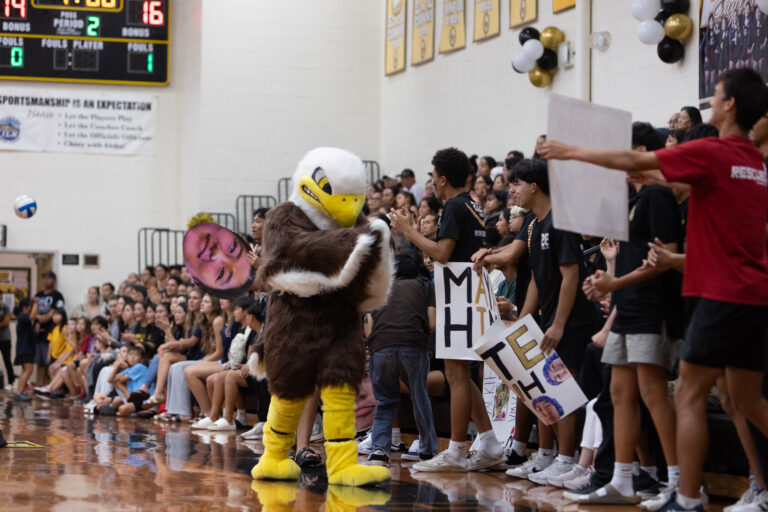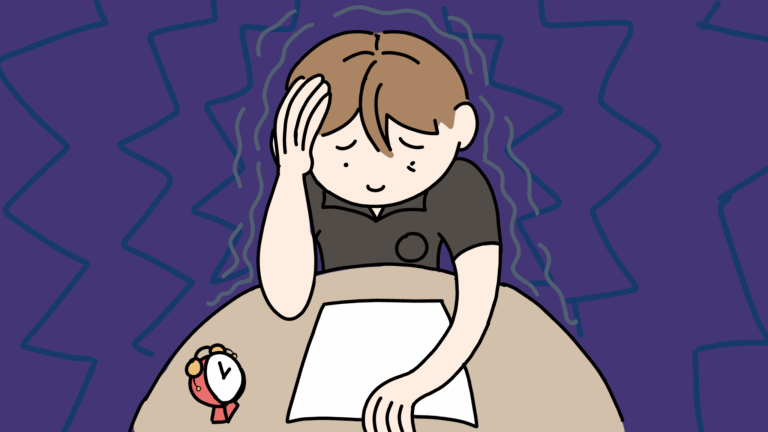The use of illegal substances by teenagers is an age old problem.
In the 70s, marijuana use reached its peak in the U.S. and then declined as attitudes shifted on it. However, the public perception of the use of marijuana has evolved significantly in recent years. We now live in a country where 23 states, including Hawaii, and Washington D.C have legalized medical marijuana in some way. Alaska, Colorado, Oregon, and Washington state have legalized the sale and distribution of recreational marijuana for adults 21 and older. Alongside this development is a pop culture that increasingly normalizes marijuana use, and teenagers find themselves in situations where many of their peers now openly use marijuana. In a poll of Eagle Eye staff, all of them said that they would not use marijuana themselves but admit that they often do little to dissuade their friends from doing so if their minds are made up. Yet we also feel strongly that one’s convictions are worthless if you don’t let them shape your decisions and relationships. How best then do we engage in a changing culture, where marijuana use seems less and less exiled to the fringes of society? How best do we “love our neighbors as ourselves” if our values conflict with theirs?
With social media platforms like Instagram, Phhhoto, and Snapchat providing a glimpse into people’s personal lives, many HBA students aren’t blind to the drug culture happening outside of school. Yet, especially in a culture of peer pressure, teenagers should all the more voice their opinions on the use of illegal substances. When our friends are getting involved in harmful things, we shouldn’t just avert our eyes because it’s awkward and risky to speak up. Instead, it should be our responsibility to look out for them and express concern when we see a need. However, we also need to recognize that as peers, there is often a limit on how much we can do.
How best then do we engage in a changing culture, where marijuana use seems less and less exiled to the fringes of society?
As teenagers, we grow up in schools and in homes where the breaking of rules is followed by consequences. At HBA, if students are caught with illegal substances, suspension or expulsion are enacted as part of the school’s disciplinary policy. Parents react in the same way, grounding their children or taking away privileges. With this model in mind, teenagers gain the impression that they must take on the role of adults when faced with peers making poor choices. We think that there must be a “correct” way to respond. In reality, however, we don’t often have the authority, resources or maturity to act like adults.
The truth is, we can’t force our peers to follow our own set of rules. We can’t make their choices our responsibility if they decide not to change. Sometimes, loving our friends is to confront them if we disagree with what they’re doing. Other times, it’s letting them go to make their own decision and face the consequences, hoping they’ll learn from it. There is no standard protocol we can use for all situations. We’re going to have to use our best judgment as Christians and do what’s best for the person in mind.
In fact, in many of our experiences, we’ve found that many teenagers turn to illegal substances for something deeper than a need for approval or a desire to rebel for rebellion’s sake.
In a Christian school environment, the gravity of the use of illegal substances is compounded by the notions of sin and rebellion. We’ve all heard the well-intentioned warnings to “stay away from those types of people.” With a phrase like this ingrained in our minds, it’s understandable that we tend to shut out those that have different values than us. By pushing them out of our lives, however, we are choosing to judge their worth based on one choice they made. There’s more to a person than that. In fact, in many of our experiences, we’ve found that many teenagers turn to illegal substances for something deeper than a need for approval or a desire to rebel for rebellion’s sake. So let’s not jump to conclusions or villainize people who break the rules. Plus, if we try and alienate everyone that has different values than us, we will be left with very few friends.
Once we step outside the school’s campus and our homes (which for many of us tend to be on the conservative side,) we are faced with a world of choices not previously available to us. Outside of a protective Christian high school environment, especially when we head off to college, we’re faced with a greater diversity of values and beliefs. If we are to be “a city on a hill” or “salt” in the world, we can’t be the type of person that sees all of this and runs back to a place where we are not challenged. Life after high school is supposed to be an exciting learning experience, where we try to understand other people’s views and continue to shape our own. To do that, we have to engage with people who don’t share our beliefs and values, or come from different walks of life. And, amidst all the chaos of a corrupting culture, we have to hold fast to our own beliefs and not be afraid to voice them.
There is a lesson the school, your parents or even this editorial can’t teach you. For us to learn how to respond to today’s culture, we have to experience life for ourselves. The Eagle Eye staff hopes that if it’s there’s one thing you take away from this editorial, it’s that you be fearless in both stepping out into the world with all of its dangers and potential, and speaking up for what you believe is good and true. We encourage you to look past the mistakes of others and find ways to love them as Jesus taught: “Love one another the way I loved you. This is the very best way to love. Put your life on the line for your friends.” (John 15:13-15, The Message)






